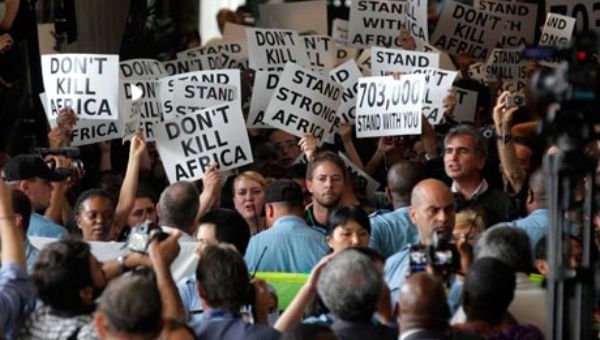China
John Bellamy Foster: Is China building an 'ecological civilisation'?

Air pollution in China's major cities is among
Statement on West Philippine Sea/South China Sea territorial dispute: US butt out!

For more coverage of the Phil
Eyewitness Hong Kong: The 'Umbrella Revolution' unfurls

By Sean Starrs
Climate and collusion: 'The window to halt runaway climate change is closing fast'

Environmental activists attempt
In Fortaleza, BRICS became co-dependent upon eco-financial imperialism

BRICS leaders in Fortaleza, Brazil.
Is there an 'anti-imperialist camp'? A debate (part 1)

Leaders of the Community of Latin American and
Barry Sheppard: Three theories of the USSR

"In the US and elsewhere, i

The most recent strike, one of the largest in China in
China: 48,000 Adidas, Nike, Timberland strikers need your solidarity

The strike at the Yue Yuen shoe factory in Dongguan, China, keeps growing: now 48


